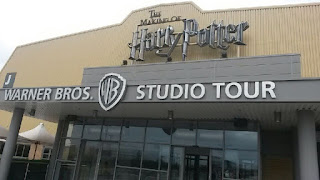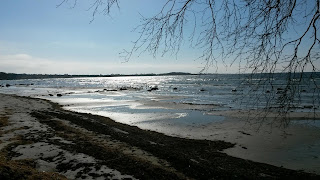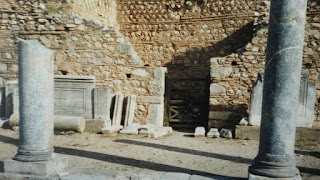In this glorious morning, we have heard about thunder and snow, but this country is kind of longish so weather is highly difficult to foresee. Even within a few miles there can be snow here and green lawns there. Still, the sun is now shining and I have just finished the meatballs that are tonights dinner. In an hour I'm off to my physiotherapist to see if my hip is now as fully recovered as it possibly can be, all things accounted for.
This morning we hear that the truce in Syriah is endangered, that is really sad to learn, we are still hoping for deliberation and wisdom.
The state of the world pushed me into writing somewhat about the other end of human relations.
I call myself Fairtrader but into this you can also add the support for Unicef, Ecpat and other important , independent organizations working silently to make a difference. Along with the churches aid.
Fairtrade was discussed already in the sixties by the WCC( world church council) and of course in the UN. Today it's spread in at least 19 member countries and have several independant organizations in Asia, Africa and South America f.i.
I am fully aware of the criticism against the concept as a whole, any organization must be prepared to be thoroughly examined and questioned. The same goes for ecolabbeling and ecologic farming, also constantly in question.
The main thought in all this is to give farmers all over the world a fair chance to actually survive .
They are given a deal, an agreement as individuals or cooperatives, that their crops, whatever they may be, will be payed for exceeding the cost for production. It also encludes a bonus to be used among the farmers for whatever is needed in the village f.i. Some use it for welling, some use it for education, healthcare, schooling for children, decent housing and environmental care.
This creates an oportunity for the farmer to make changes big enough for a better life and more secure future. It creates means for indepent and proud human beings, that can support their families and give their children a future worth mentioning.
Through the churches initiative locally and so called World shops, I became aware of how my food and my clothes actually were being developped. It was a horrifying awakening. I learned about childlabour, I learned about bananaplantations being sprayed on regular basis with pesticides, the farmer AND his family living in small houses among the plants......
Banana harvesting is also dangerous because it means using machete and facing venomous serpents.
In the beginning, getting sick or hurt working, would mean no more work, no more money, no more house. The same terms and worse was the everyday life of the cocoafarmer. This is still a very hot potatoe indeed, coffee and cocoa are highly profitable and therefor very few dare use the Fairtradelabel but use other, not very effecient terms for their farmers. The cost for us, that are to mae our choices in front of the shelves in our local grocerystore, is actually bigger. How much are we prepared to give to ensure fair conditions? And can we trust the organization fully?
The hardest issue concerns clothes. Fairtrade cotton is expensive and hard to come by. Cottonfarmers and clothingmanufacturers often hide the truth of the conditions, in order to sell more. We see it all the time in media. Most difficult are jeans. Yes, I use them too, I'm afraid. Getting them eccolabelled and fairtrade is almost impossible so I should actually not wear them knowing the procedures they go through and the high cost they emphazice on environment and workers, standing barelegged in the deep pools of colour and bleeching, the village watersupplies being constantly flooded with debree.
But you have to make up your own mind about this, read reports and books, look in to the matter and ask the questions you want answered. We have to put some pressure even on these organizations, there is always a risk with profit and power. But I choose Fairtrade and Eco when I can, but not nearly as often as I should. I really hope that I do the right thing most of the time but I am prepared to be proven wrong!!! You probably already know how many products you can buy in any ordinary store. And yes, they taste just as good( often get that question...)
If you want some interesting reading i can recommend the following book:
"Fighting the banana wars and other Fairtrade battles" by Harriet Lamb. We have excellent swedish journalists as well, like Fredrik Gertten, who are engaged in this issue.


































